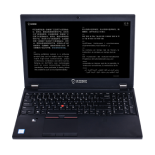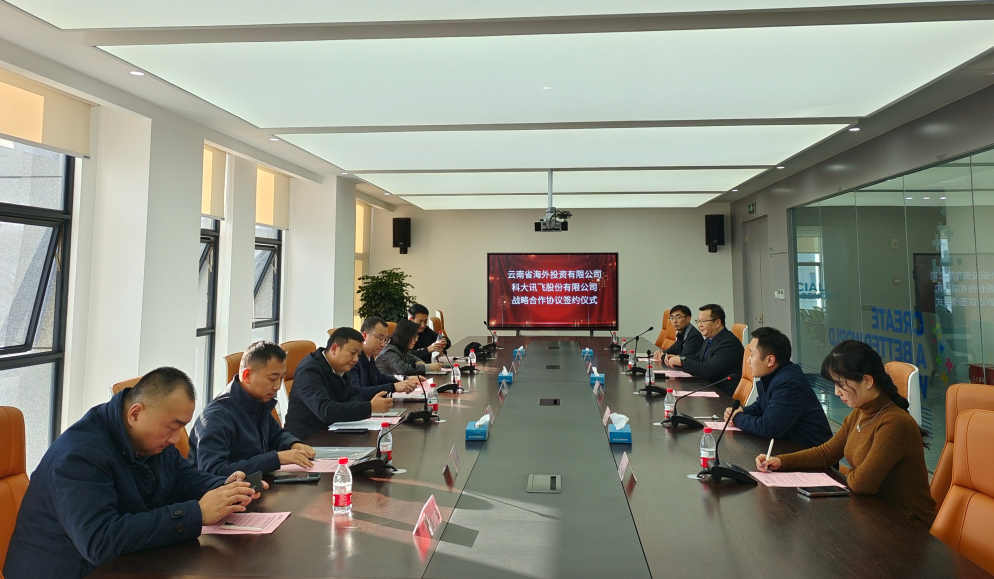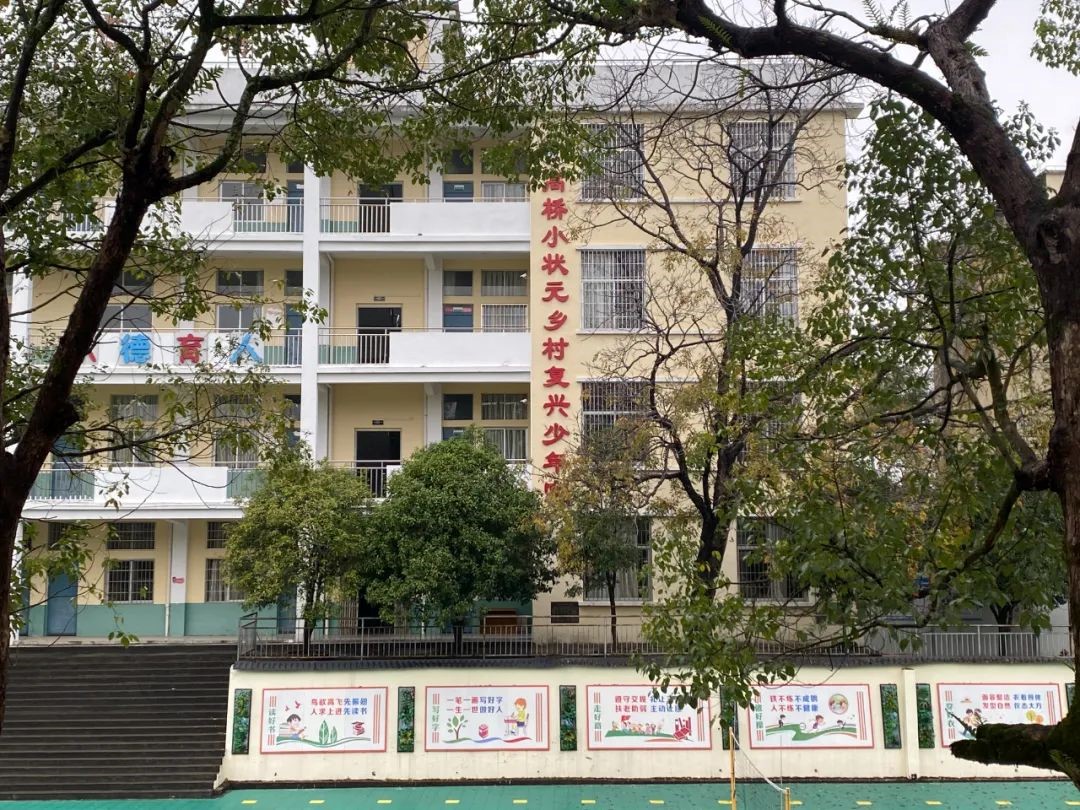January 25, 2024
I Am a Teacher Issue 26 | A History Teacher in the Hani Countryside
“In the realm where the sun turns, warmth and coolness intertwine. The sun-kissed wine ignites a passionate flame within the heart.” This touching song portrays a captivating city. The lyrics, “Where the sun turns,” pay homage to Mojiang County of Yunnan Province. Situated on the Tropic of Cancer, this small county holds the distinction of being China’s sole Hani Autonomous County. Here, amidst the embrace of mountains and rivers, the diligent and compassionate Hani people, whose ancestors settled in this land, draw strength from it as they embark on a journey towards a broader horizon.

In the pristine classroom, students stand tall, reciting aloud from their textbooks, while a teacher on the podium observes them with a warm smile. That teacher is Pu Luonan, a history teacher at No. 1 Middle School of Mojiang.

Upon graduating in 2016, Pu Luonan eagerly joined No. 1 Middle School of Mojiang, full of youthful enthusiasm and a desire to make a difference. However, she quickly realized that teaching wasn’t unfolding as smoothly as she had envisioned.
“When I first arrived at No. 1 Middle School of Mojiang, I felt a sense of unfamiliarity with the place, compounded by my lack of proficiency in the local language, which made me quite uncomfortable,”Pu Luonan recalls. With 70-80 percent of the students being Hani, there were instances in the classroom where students would communicate in the Hani language, leaving Ms. Pu Luonan unable to comprehend. This unfamiliar environment added to her unease.
However, as time passed, Ms. Pu Luonan forged meaningful connections with her students and colleagues, evolving into close friendships. She experienced firsthand the warmth and genuine nature of the Hani people, gradually assimilating into the school community and finding a true sense of belonging.

While she has personally adapted, Luonan still encounters challenges in her teaching role. She noted, “History is a subject that demands strong writing skills, and students from ethnic minorities, due to their language system, such as the habitual reversal of language structures, often struggle to express themselves clearly when answering questions. Consequently, they may lose marks in exams.”
Recognizing that the issue was deeply rooted and couldn’t be resolved by simply reviewing knowledge points or completing more question sets, Pu Luonan understood the importance of establishing a solid foundation. She devised an innovative approach of incorporating text reading aloud into history classes, a method typically employed in Chinese and English classes but one that proved instrumental in Hani High School students’ history learning. “For students struggling with written expression, it is crucial to begin with the fundamental practice of reading the textbook aloud.”
The next step involved meticulous analysis of every incorrect answer on exams, enabling students to identify and fill in any knowledge gaps. However, with limited time and energy, Pu Luonan found it challenging to cater to each student’s individual needs, considering they all had different areas of weakness.
In recent years, the school has introduced iFLYTEK smart education products, effectively addressing the challenges faced by Ms. Pu. These advanced tools have become an invaluable asset for Pu Luonan and her colleagues, particularly during the frequent senior class exams. “After each exam, every student generates a personal file, allowing us to identify their areas of weakness easily.” Following the exams, Ms. Pu leverages the Zhixue Network to assess test papers, with a primary focus on explaining the most frequently occurring mistakes. In instances of less common errors, students seek guidance from the teacher outside of class and keep a record of their interactions. This method substantially improves the efficiency of paper reviews in the senior class.

During regular class sessions, Ms. Pu employs whole-class participation for immediate assessment. Comprehensive class notes are shared afterward. In the evenings, tablet devices provide multiple-choice questions for self-study practice. Following Ms. Pu’s structured approach, students effortlessly complete systematic and thorough reviews without realizing it.
For senior students, psychological counseling is equally important. No. 1 Middle School of Mojiang is located in a geographically remote area, with many students coming from mountainous regions. Often, their parents are employed elsewhere, and their grandparents support them in their studies.
Each semester, Ms. Pu conducts home visits to gain insights into students’ home environment and engage in meaningful conversations with parents, providing additional care and support for students. “Education is not just about grades.”
With an umbrella and a small bag, Ms.Pu traverses the mountains back and forth, earning the respect of students and leaving behind a trail of warmth.
Mojiang County holds a rich historical significance as an ancient Tea Horse Road station. Ms. Pu, serving as the local Hani children’s guide in history, remains steadfast in her commitment to their education, always mindful of her initial purpose.
She remarked, “As an educator for students belonging to ethnic minorities in remote mountainous regions, my constant aspiration has been to exert a subtle influence on them, help them comprehend the significance of education, and support their journey towards admission into prestigious universities. My aim is to propel them towards a broader stage in life.”
Copywriter | Xie Menglian
Acknowledgment | No.1 Middle School of Mojiang, Yunnan Province























